These mood trackers log your voice, skin, brain waves, and more

Wearable technology that keeps us in touch with our physical well-being isn’t new in the market. From pioneer Fitbit to Apple smartwatches and smart ring Oura, health-tech devices have allowed us unprecedented and instantaneous access to information on how our body behaves—our sleep quality, activity levels, heart rate, and more.
Recently, the health-tech arena has broadened, allowing you to monitor not only your physical health but also your mental well-being. Tech gadget providers have now upped the game to offer real-time insight into your mental state and initiate interventions for signs of emotional distress.
Types of mood-tracking technologies:
1. Tech that asks you how you’re feeling
Mood-tracker wristband Moodbeam features two buttons that allow you to indicate one of two emotional states, happy or sad, to help people such as your employer or family members keep track of your mental well-being. That’s right, it’s not really meant for you but for others who want to see if you’re doing O.K. Your mood, which is logged and analyzed alongside sleep and activity, is viewable on an app.
2. Tech that observes voice and speech changes
The Halo Band, an Amazon product, uses built-in microphones to listen to you speak during the day. Its algorithm scores your voice samples for positivity and provides feedback on your mental states based on changes in your voice tone throughout the day. An app created by Sonde Health, a healthcare tech company, also uses voice as a biomarker to indicate mental conditions such as stress and depression.
3. Tech that tracks heart rate
HeartMath’s Inner Balance, a bluetooth sensor for iPhone and Android, measures heart rhythm patterns to deduce emotion state. It aims to help you regain emotional balance and resilience.
4. Tech that detects breathing patterns
Spire Stone, a small clip-on, tracks breathing patterns through the expansion and contraction of your torso. Its app sends notifications to you when abnormal breathing patterns are detected and suggests guided exercises and meditations accordingly. Prana, also a clip-on that monitors breathing patterns, simultaneously evaluates your posture and suggests improvements that could benefit your mental health.
5. Tech that measures skin pores
Pip, a handheld biosensor, tracks changes in skin pores, which correspond to levels of stress levels and visualizes them with suggestions on how to be more calm and effective.
6. Tech that senses brain waves
Healium, a platform that functions with an Apple watch or an EEG headband, visualizes your feelings using augmented and virtual reality. Picking up your brain waves and electricity, it projects your emotions on a screen to let you manage your stress and anxiety.
Risks of wearing your mood on your sleeve
Healthcare wearables or technology can work wonders to help not only your body but also your mind. However, the privacy risks are obvious: Users’ most sensitive data could be exposed through data breaches—or simply sold to the highest bidder.
Ambiguity in privacy policies always favors the companies that write them, not consumers. In extreme (but not uncommon) cases, companies may store your data and send it to third parties without your knowledge or consent.
Google, having purchased Fitbit, can capitalize on millions of users’ (supposedly anonymized) data by sharing it with pharmaceutical companies for research and development. Amazon has also been criticized for storing users’ voice recordings: While the Halo Band’s privacy policy says Amazon won’t sell your data, it can data mine every bit of information you send to them—tone patterns, sleep, activity, and more—to learn about the human body and profit from the future of healthcare.
Privacy tips for using health-tracking devices
Read the privacy policy
Before you decide to sign up for any healthcare tracking services, read the privacy policy and get a sense of how your data will be used. If you find the detail in the privacy policy murky, you can assume that is intentional and your data will be shared with third parties. Gauge whether you’re comfortable with it, and if not, consider similar products in the market.
Turn off location tracking
Your data combined with your location makes you more identifiable. Turn off GPS and location tracking in your device’s and app’s settings.
Set profile to private
Many of these health-tracking devices require signing up for a social profile on their apps so that users can share their achievements on it. In most cases, the profile’s privacy setting is defaulted to “public.” Your personal info—containing your name, age, and profile picture if you put up one—is searchable within the app and even possibly on Google. When setting up a profile, make sure to examine all the default settings and choose greater privacy whenever possible.
Read more: We analyzed 450 apps and found location trackers in every one
Take the first step to protect yourself online. Try ExpressVPN risk-free.
Get ExpressVPN

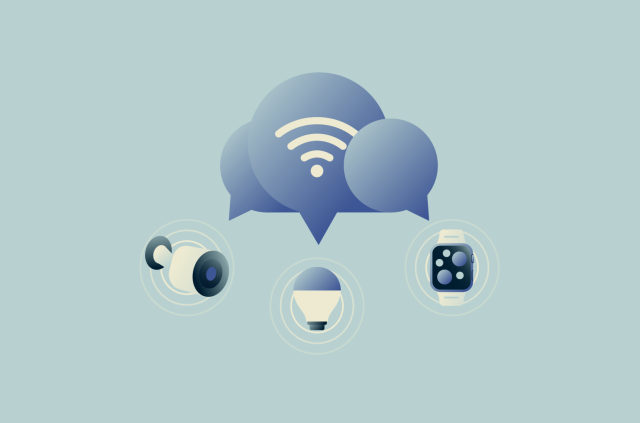
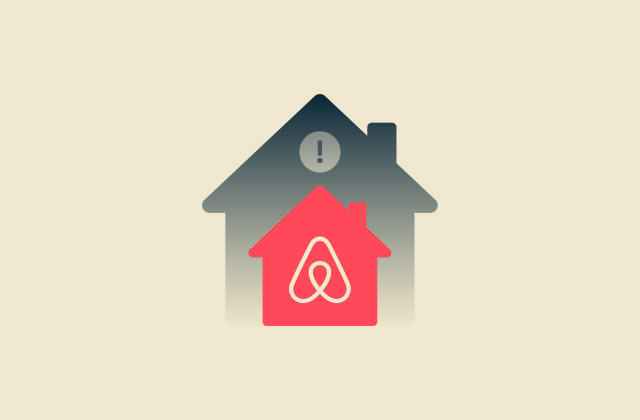

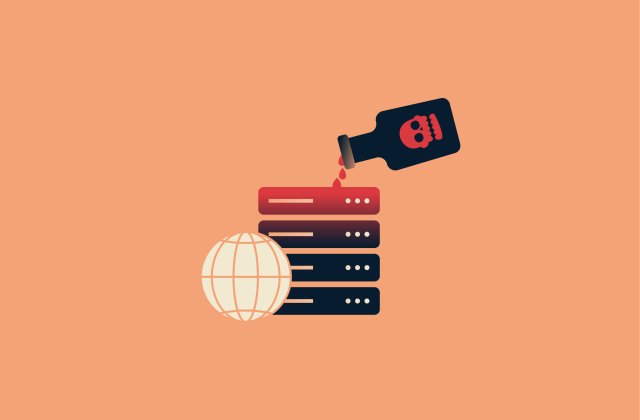
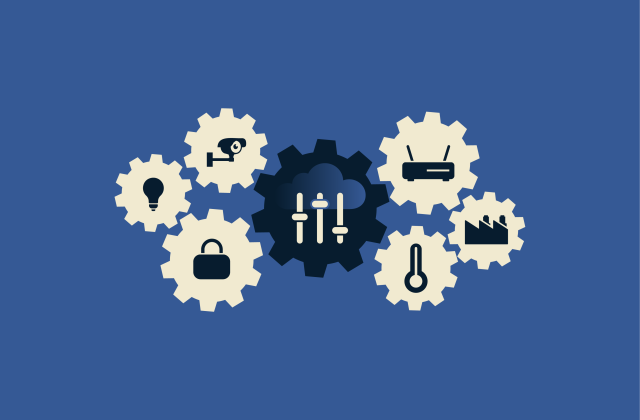
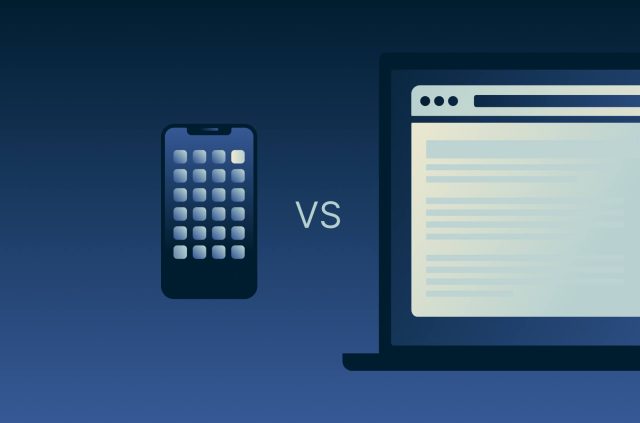
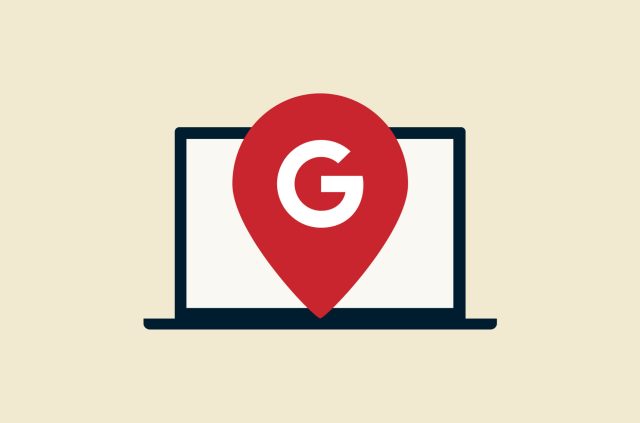
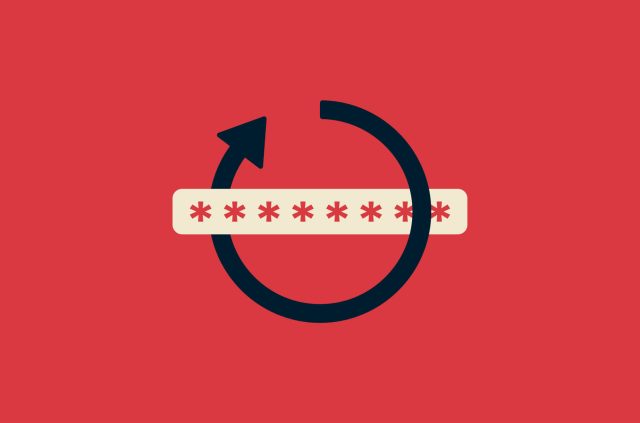
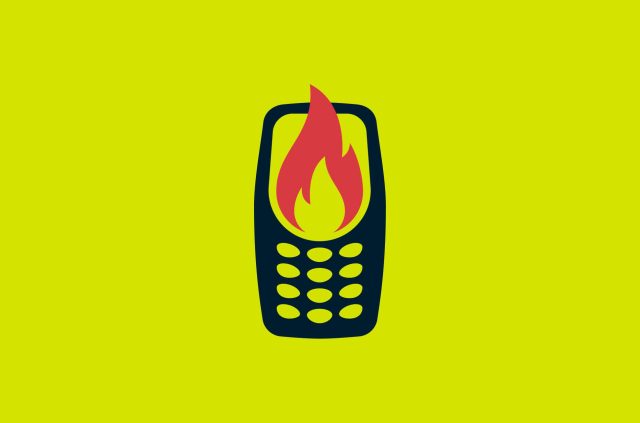


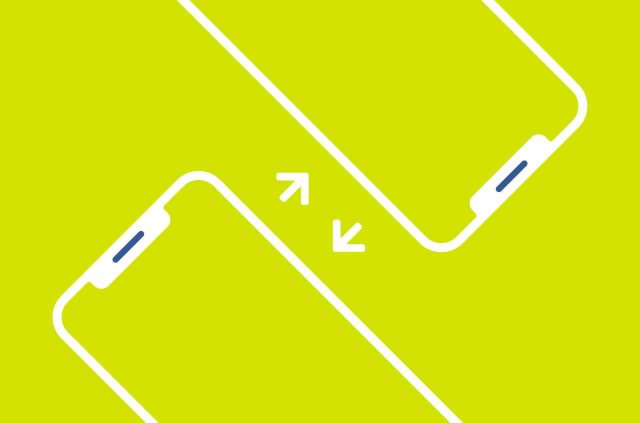





Comments
Articles like this make me wonder if just not using such a device would be more beneficial in the end. I understand not everyone has a close network of friends or family to help with emotional management, but perhaps the existence of a market for such devices, with no regard for security or privacy, in a world that's growing all the more socially stagnant, is a sign that we've gone too far.
this article is extremely well written, i find it very informative and very eye opening. I was not aware that there were this many wearable devices that could track so many different things. It i also quite scary to know the extent that companies would use our data for their own benefit. With the given example of google, it shows that if a big company like google is willing to sell off our information there is not much of an excuse for smaller companies not to sell of their information that they have collected.